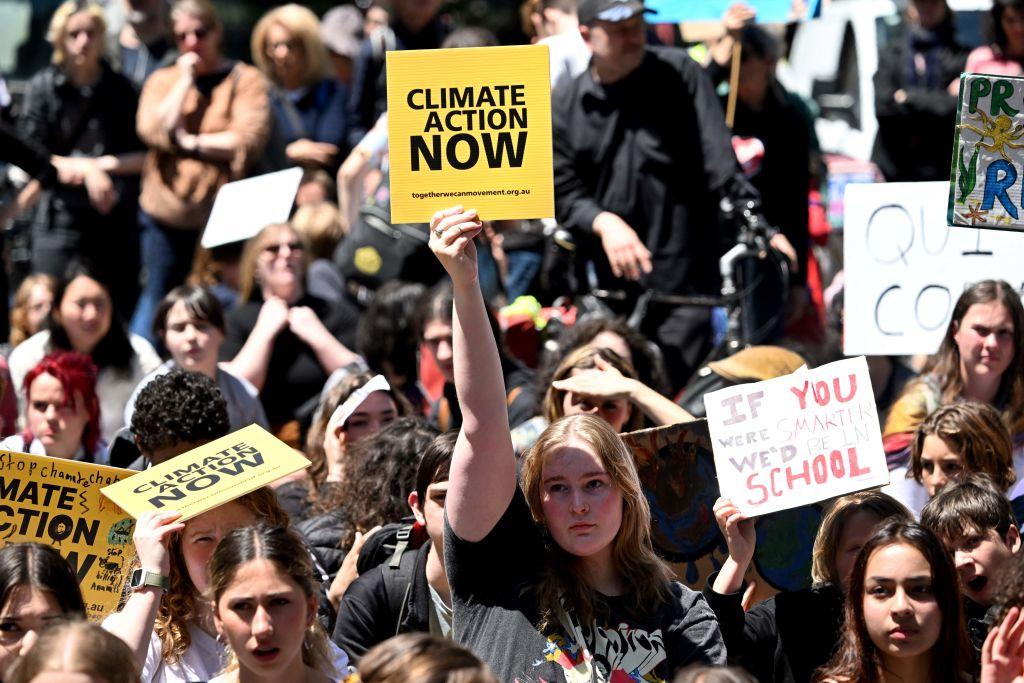Commentary
In a far-reaching new essay in The New Atlantis, environmental researcher Ted Nordhaus made a damning and authoritative case that while the basic science of carbon dioxide and climate is solid, it has been abused by the activist class in service of a wildly irresponsible and unscientific climate catastrophism.

